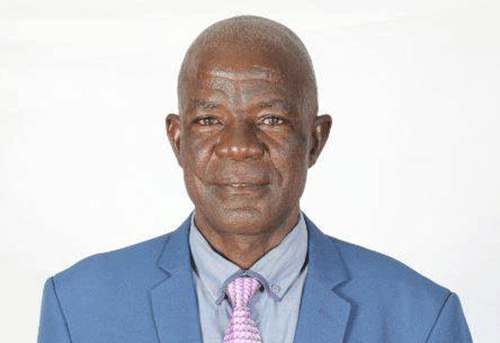ONGWEDIVA – After 33 years of independence, Eengodi one of the most remote constituencies in Oshikoto region that was once tormented by war, is finally enjoying the fruits that come with liberation. The bitter history, including hardships endured as a result of the atrocities committed against the community of this constituency at the hands of the apartheid South African
government is viewed as the reason why Eengodi constituency exclusively vote for the ruling party. Yet, it remained one of the most impoverished constituencies in the region for a long time since independence in 1990.
Inhabitants used to walk long distances to the closest medical facility and children tracked many kilometres every day to school and back. Mobile telecommunication network was unheard of. A lot has changed now, said Protasius Neshuku, the councillor of Eengodi constituency. “The constituency now has potable water and a better telecommunications network, schools with community hostels and even a clinic,” he said. The district also has a youth centre, and many young people are encouraged to use the centre’s technological equipment. Despite the successes, Neshuku said the constituency still has challenges of which the major one is the lack of road networks. The constituency’s 72 villages are connected by gravel roads.
Residents reportedly have trouble reaching the main road because it is far away and not everyone owns a car. “We are asking the Ministry of Works and Transport to start constructing roads in rural areas because we have been suffering for 33 years,” he said. All the villages depend on one clinic and on medical facilities in the neighbouring constituencies.
Neshuku further expressed concern about the migration of young people who leave the constituency in search of greener pastures outside. “Is very unfortunate because most of our youth go to the city and towns as soon as they complete the higher grades to continue with high institutions there, leaving only a few youth members using the centre,” he added.


